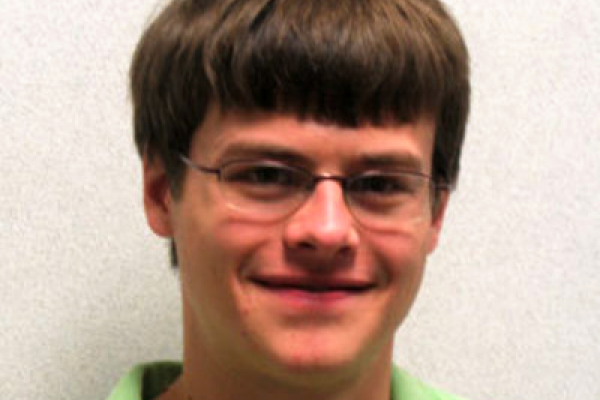
Title: Torsion in homology of random complexes
Speaker: Andrew Newman (Ohio State University)
Abstract: From the work of Kalai, it is known that a $d$-dimensional simplicial complex on $n$ vertices can have enormous torsion, on the order of $e^{\Theta(n^d)}$, in its $(d - 1)$st homology group. As the area of stochastic topology has developed, this phenomenon has been observed experimentally in the process-time version of the Linial--Meshulam random simplicial complex model. In this talk, I will begin by discussing joint work with Matt Kahle, Frank Lutz, and Kyle Parsons to conduct experiments examining this "torsion burst" in the Linial--Meshulam model. From there, I will discuss my more recent work inspired by these experiments to use the probabilistic method to construct optimally small (up to a constant factor) simplicial complexes with prescribed torsion in homology. Particular emphasis will be given to the computational considerations of generating random complexes at the torsion burst and to the use of prescribed-torsion constructions to build a library of simplicial complexes with interesting torsion in homology. Lastly, I will mention an application of this work to the problem of counting homotopy types of simplicial complexes.
Seminar URL: https://tgda.osu.edu/activities/tdga-seminar/
